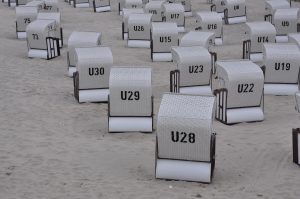The promotion of science-society dialogue among early-career researchers with the use of blogs was chosen as a pilot initiative for the PE2020 project in order to deliberate on the possibilities to support junior-level researchers to engage with stakeholders and citizens in the different phases of research and innovation processes, to support the bottom-up initiatives of junior-level researchers in a traditionally hierarchic academic environment, and to deliberate on the possibilities for using new social media as a public engagement tool. Early-career researchers refer here foremost to doctoral students and postdoctoral researchers who are going through the first stages of their academic career. Download the Bonus Pilot Report for more information.
The rationale for developing the capacities of junior-level researchers is related to the potential impact on agenda-setting and new modes of work, if new generations of researchers see value in public engagement and if they have the necessary knowledge, skills and motivation to actively participate in science-society dialogue. In the long term, as the junior researchers proceed in their career, they may continue this dialogue and collaboration with stakeholders and citizens not as a separate process, but as a natural component of their work. In choosing the pilot initiative, it was also expected that members of younger generations would already have some of the necessary capabilities and a positive attitude towards trying out forms of social media that enable new modes of interaction between researchers, stakeholders, and the general public.
The partner in this pilot initiative was BONUS – the joint Baltic Sea research and development programme. It was essential that prior to the collaboration, the work of the partner already built on intense science-society interaction. Among other things, BONUS aims to build new capacities for ‘young scientists’ as the new generation of researchers.
BONUS aims at protecting seas and finding functional solutions for the viable protection and sustainable use of marine and maritime resources. This requires interaction and commitment not only from researchers, but also from a variety of stakeholders, including policy-makers, research funders, companies, civil-society organisations, and international organisations. Also citizens and residents especially in the coastal areas may have interests concerning the future state of the inland seas in Europe. As inland seas, such as the Baltic Sea, encompass several national borders, the interaction patterns should not be limited to the local and national level, but also extend to the international level.
